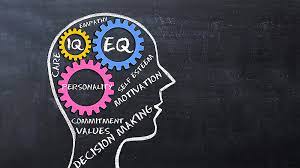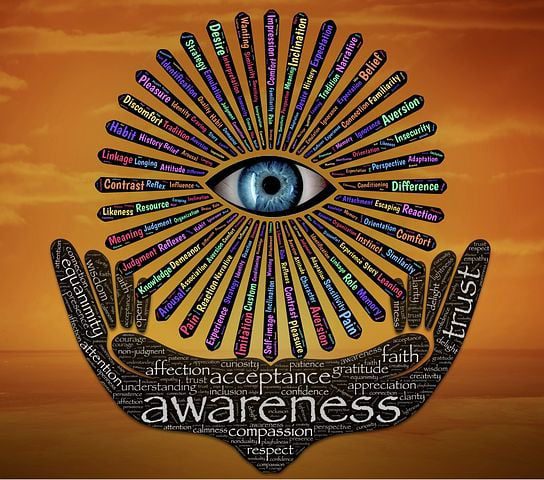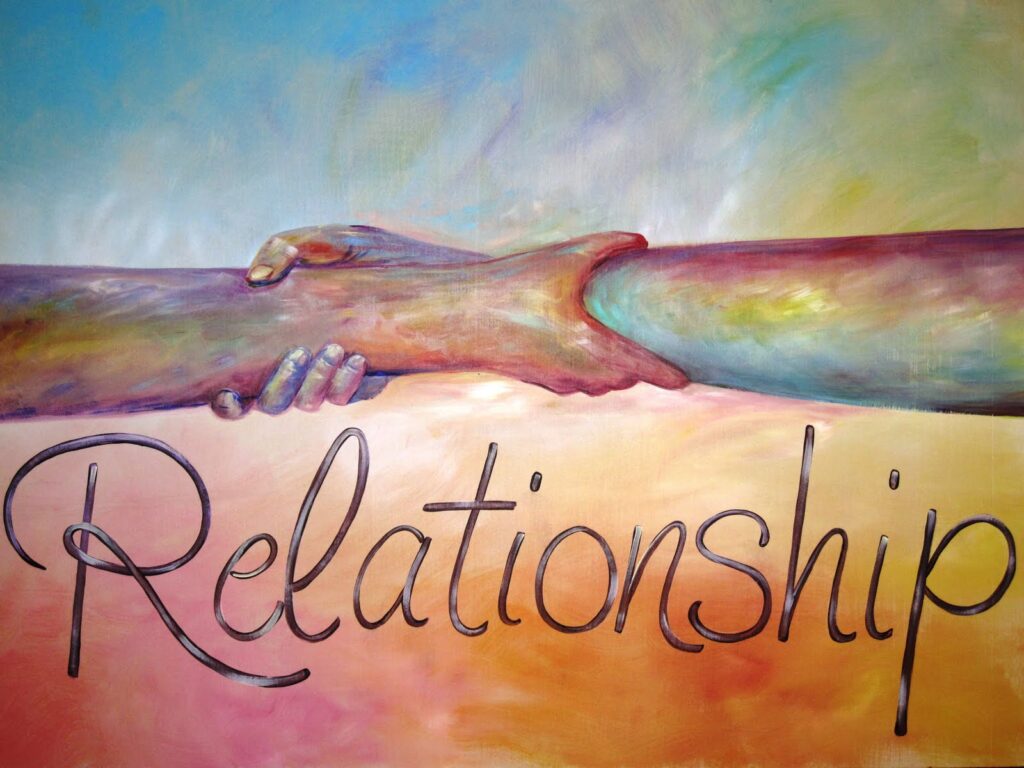
Connection with other people is essential, but sustaining positive relationships is difficult. It doesn’t matter if they are romantic, domestic, or work related; we are not often equipped with the tools we need to thrive in todays chaotic world. So, this month, a month filled with expectation, holiday gatherings, and deadlines; I want to give you three tips to help navigate the twists and turns ahead.

Know thyself. Before you can deal with others, you must first know who you are and what you want. Success in this area is paramount because you cannot get along with others if you are in conflict with self. Try this:
Journal what you want in a romantic partner, within your family dynamics, and at work. Be specific and include items where you will and cannot compromise.

List your weaknesses and biases. Be specific and work out solutions to the specific areas that will keep you from being successful.
Read. Read and educate yourself on changes happening in your family, at work, or on topics that interest those you care about. It is never too late to get your brain on.

Devote time. Relationships take time, energy, and skill. It isn’t enough just to like someone, be related, or work somewhere. Investment needs to take place. Try this:
Practice listening when others talk. This is a difficult skill and does not come naturally. You can train yourself with practice by giving your time and attention to the speaker, never interrupting, and asking a pertinent question when the speaker is finished sharing. Interrupting, rolling your eyes, correcting, or not asking a question at the end of the speakers sharing is a sure way to hurt relationships.

Do not assume you know what others are thinking, feeling, or going through. You may have the same type of medical condition, work at the same job, or be a part of the same family, but that does not mean you experience and process in the same way. It is ok to ask kind questions. It is courteous to give people space. It is essential that you respect another person’s words about their experiences.
Do things that the other person has said they like or is important to them. You don’t need to sacrifice for this to work, nor should you always do what others want at the expense of your interests. This is simply a way to explore things outside your normal box. It will be good for you. Trust me.

Communicate well. Communication makes or breaks relationships; and once again it is difficult, takes skill, and needs practice. Try this:
Know what you want before engaging. Ask for what you want in a kind manner. If you receive resistance try to understand the other person’s needs by asking their fears or conflicting needs regarding that single situation. Negotiate, but act within your value system.

Take time to process what is being said or requested so you do not overreact. Processing means listening without interruption, asking clarifying questions, and giving yourself time for the “brain gotcha” before responding.

Learn to give and get feedback. Feedback is tricky, and it should be given only when asked and always in a constructive helpful way. Accepting feedback is even more difficult. One must understand that feedback is not personal and doesn’t say you are “less than.” Feedback is another tool to use to look inward, discover hidden truth, and an opportunity to be better.

“But let there be spaces in your togetherness and let the winds of the heavens dance between you. Love one another but make not a bond of love: let it rather be a moving sea between the shores of your souls.”
Khalil Gibran
